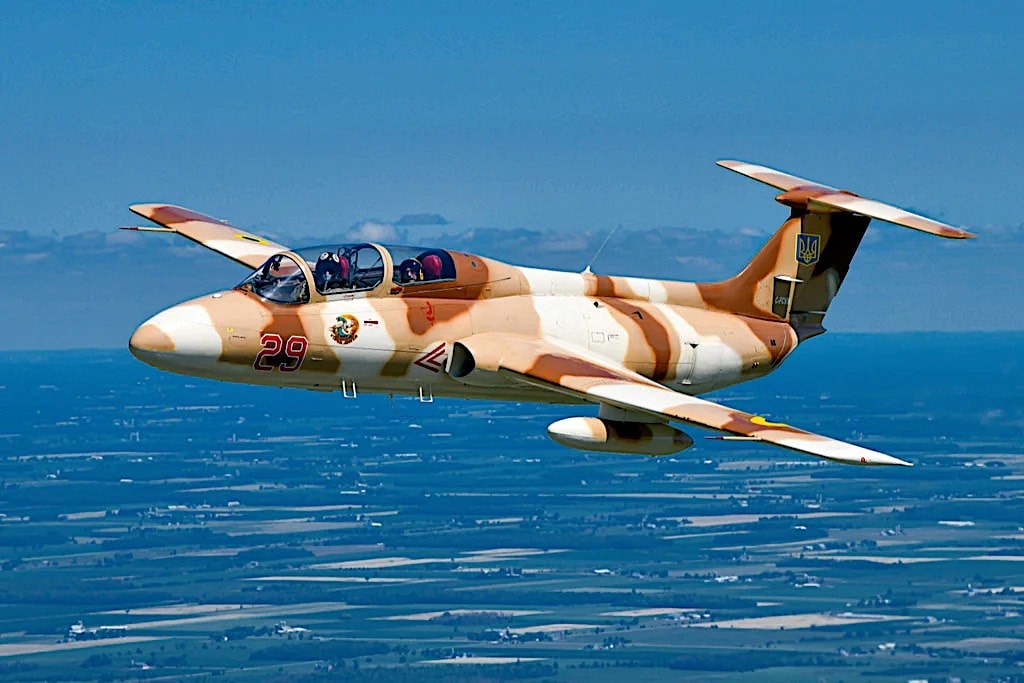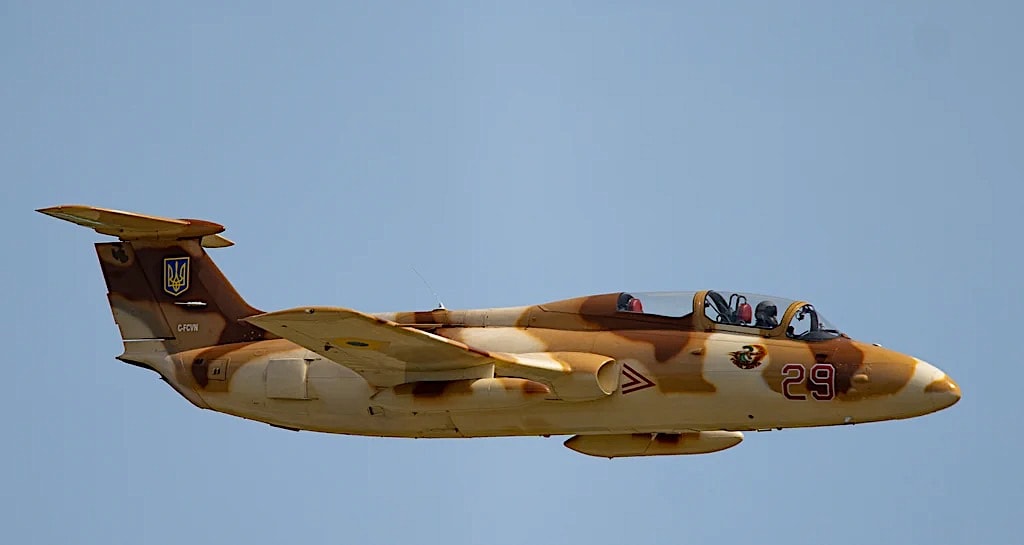In a push to leverage artificial intelligence for military purposes, Lockheed Martin’s Skunk Works has achieved a breakthrough by testing an “intentional and decisive” AI system for air combat.
The tests involved an Aero L-29 Delfin jet, a former trainer aircraft belonging to the University of Iowa’s Operator Performance Laboratory. This marks a significant step forward, as the AI autonomously controlled the jet’s flight path and maneuvers during simulated air-to-air encounters.
The tests encompassed a variety of scenarios, including head-on clashes, off-axis engagements, and both launching and evading missile attacks.

Lockheed Martin’s Skunk Works division is making significant strides in developing AI for autonomous air combat. This is evident in recent tests where the AI outperformed simulations, a testament to the team’s progress.
The project is part of a larger initiative to create AI-powered autonomous flight for air-to-air missions. To further refine these capabilities, more intricate flight tests are planned later this year.
However, Lockheed Martin assures that while AI advancements are impressive, human control will always be paramount for critical decisions, acknowledging the ongoing debate surrounding AI’s expanding role in military operations.

